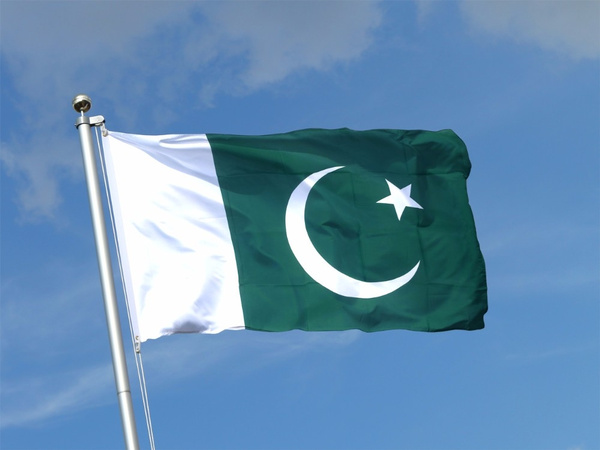
During its 76 year long history, there has rarely been a long period of time when Pakistan has had civilian supremacy. However, in the wake of the events of May 9, it appears that the Pakistani state appears to be pulling out all stops to convert Pakistan into a military state.
The Human Rights Commission of Pakistan (HRCP) in a recent statement warned “all political stakeholders that, unless they desist from any further measures that could imperil the country’s fragile democracy, they may find themselves unable to steer the country safely through the multiple crises it is facing.”
The HRCP expressed “great alarm that civilian supremacy has emerged as the greatest casualty. The government’s inability—or unwillingness—to safeguard civilian supremacy or to preserve the dignity of Parliament has proven tremendously disappointing.”
The HRCP noted that “the political opposition’s history of hostile politics and contempt for the rule of law has played no small part in triggering the wanton destruction of property during 9–10 May. These were not peaceful protests. The evidence points to acts of arson, rioting, looting, vandalism and trespass onto state and private property.”
Further, the HRCP pointed out that “the judiciary too has been found wanting, its unity and nonpartisanship compromised, with serious implications for the trichotomy of powers.”
The HRCP reminded Pakistani authorities “that torture or any form of degrading treatment of persons in custody are serious violations of human rights. The disappearance of at least two journalists must also be investigated in a transparent manner, the findings made public and the perpetrators held strictly to account.”
The HRCP noted with particular concern “the government’s decision to try civilians under the Pakistan Army Act 1952. While those responsible for the destruction of public and private property must undoubtedly be held accountable, there is ample provision in civilian laws for this. Any government seriously committed to upholding civilian supremacy would strongly consider repealing Article 2(1)(d) of the Act, which allows civilians to be tried in military courts, thereby denying them their constitutional right to a fair trial.”
In conclusion the HRCP expressed deep concern at “the rapid pace at which nonpolitical forces are wresting the space for which Pakistani civil society has fought long and hard. The democracy that Pakistan’s people want and deserve cannot be built on fluid loyalties and shifting narratives. HRCP opposed what it saw as political engineering in the 2018 elections, but it objects just as strongly to the tactics employed in the attempt to reverse-engineer the democratic process.”
![]()





